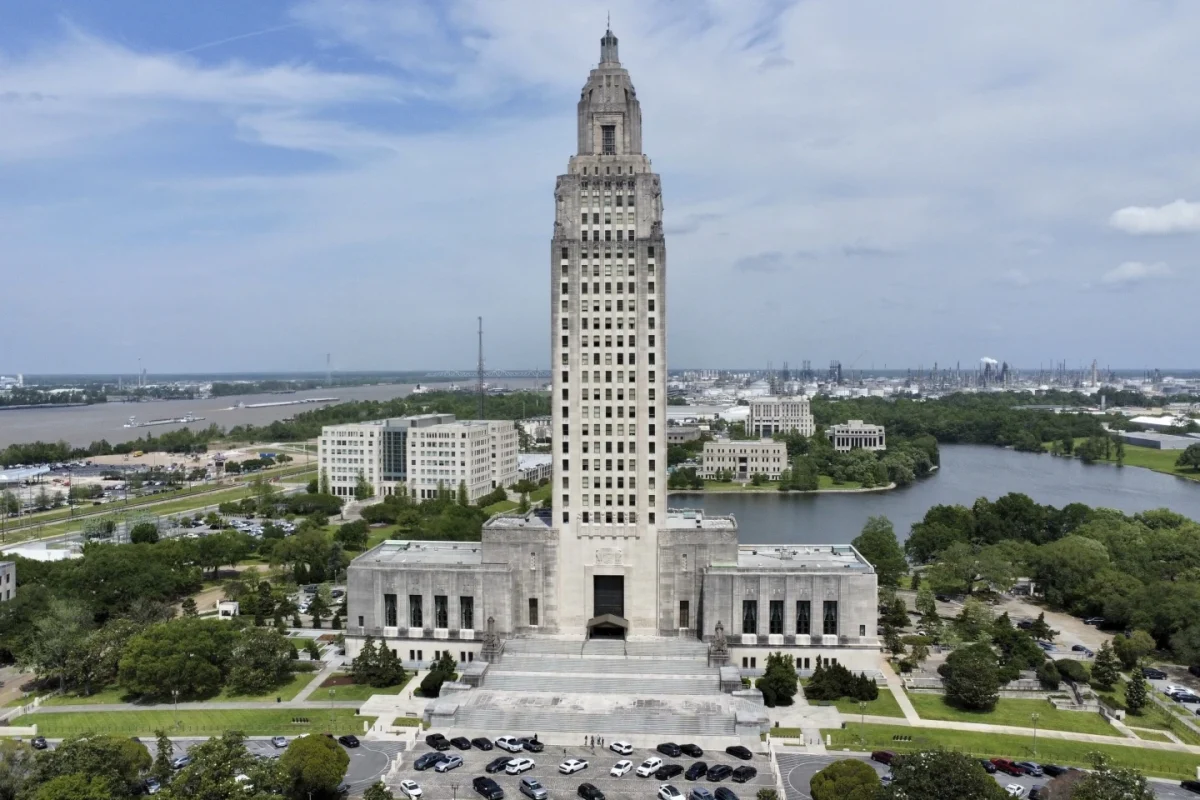On Nov. 10, the Reveille published an article regarding the University’s placement in Real Clear Education’s 2020 College Free Speech Rankings. The ranking system “measures whether college policies restrict student speech that is protected by the First Amendment.”
Out of 55 universities, we ranked 53rd — not a good position to be in by any means.
Still, with any online survey, it’s important to check your sources before putting any stock in the findings. That said, Real Clear Education has consistently been transparent and thorough about reporting its methodology; in this case, the interactive survey was conducted through College Pulse, with verified University students as the respondent base.
And I agree with the ranking. I know many students disagree with me — even some within my own friend group — but after reading comments from anonymous students detailing incidents of their speech being restricted on campus, and reminiscing on my own experiences in similar situations, I can’t say I truly believe this University fosters a supportive environment for free speech.
I started this column thinking I was going to argue that the University more often nurtures right-leaning opinions from predominantly white males, but as I read more of our University’s “Student Voices” section on the Real Clear Education ranking website, I realized something:
We’re all a part of the problem.
According to data presented in a 2014 Reveille article, students’ political opinions at the University are pretty evenly split between the left and right.
We convince ourselves the University atmosphere leans more heavily to the side that disagrees with us. Most conservatives think campus is too liberal, while most liberals feel like they’re a minority; in reality, we’ve all contributed to a campus environment so politically charged it somehow makes everyone feel belittled or rejected.
Of course, there are exceptions to every rule. Within my own tiny major, I have found an incredibly supportive and open-minded community — with professors who encourage individual expression, and students who are willing to engage rather than shut down their peers — but overall, in both academic and social encounters on campus, I have often felt uncomfortable expressing my own personal beliefs, and I know many others feel the same way.
Outlets like the Reveille and other student publications are invaluable for self-expression and fostering an open-minded community. At times, however, the audience reacts to student content in toxic and honestly frightening ways.
During Opinion section meetings, it’s not uncommon to be warned that a certain column or topic may garner backlash and negative attention on social media. Often those comments don’t even come from students themselves but from alumni and other non-students in the community.
We are all responsible for the anti-free speech environment on our campus. Without realizing it, we’ve perpetuated this cycle of suppression both by “canceling” others and by holding ourselves back.
Rather than repressing our beliefs and assuming an automatic “us against them” mentality, we need to pave the way for rational, amicable discussion between opposing parties.
Professors, create spaces for students to express themselves in your classrooms.
Students, take the spaces offered to you, but remember that there are others that will inevitably disagree with you. You should respect their right to occupy space in their communities.
University leaders, listen to your students, engage with us and help us learn how to speak our minds.
Marie Plunkett is a 21-year-old classical studies senior from New Orleans.
Opinion: University does not foster free speech
November 16, 2020
Free Speech








